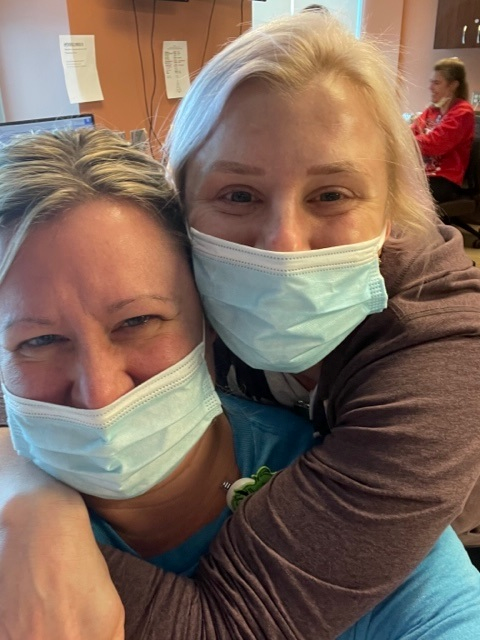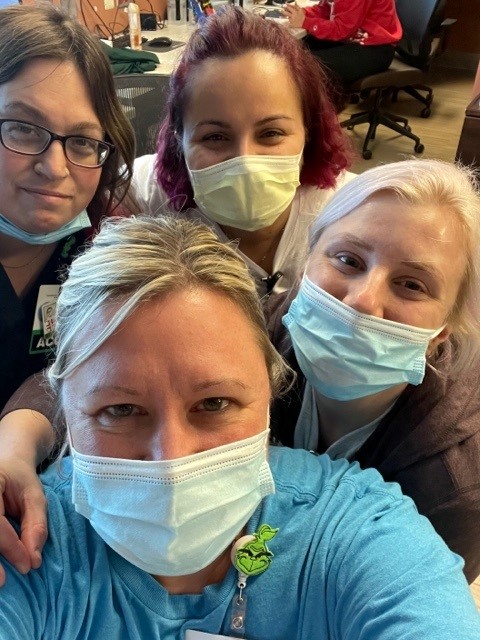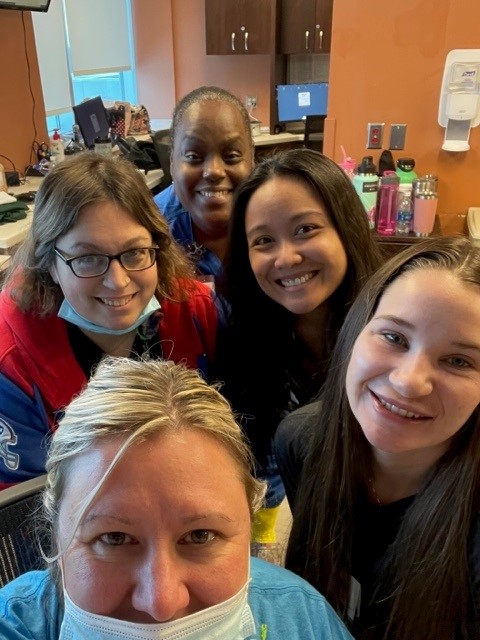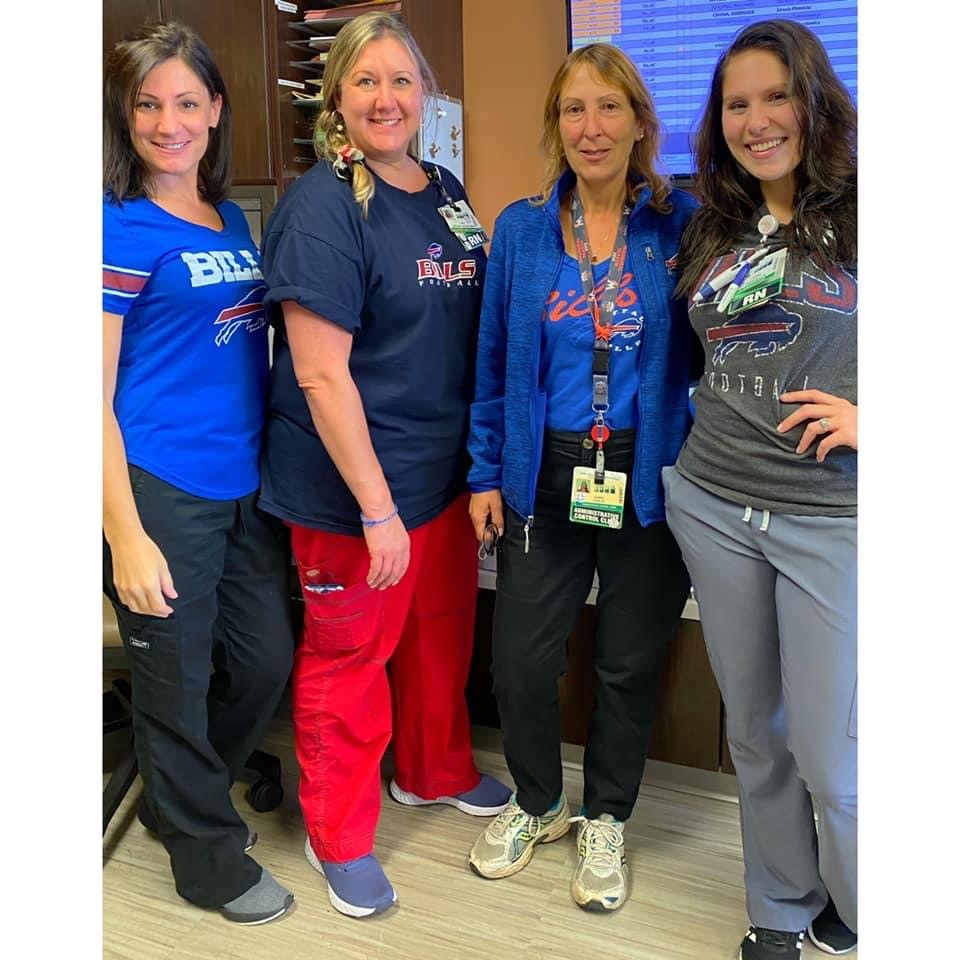Imprivata Humans of Healthcare: Tara Gregorio, RN
Our Humans of Healthcare series aims to spotlight medical professionals like Tara – the very foundation of our healthcare system. In it, we’ll share pain points they experience daily and solutions they’ve implemented to enhance workflows and improve care quality.
A “day in the life”
I am a nurse manager and I run a medical-surgical telemetry unit that also houses some step-down trauma patients. I really wear any hat to help my team – I do scheduling and staffing but I am also a registered nurse and I hold a master’s degree in healthcare administration and leadership. I love being a nurse. I love helping patients. I like to be a support person for my staff. When we have difficult cases, I like to go into the trenches and really try to relieve some of the stress for our nurses and our patients.

I always wanted to be a nurse for as long as I can remember. A few of my grandparents and aunts were nurses, so nursing is part of my family history. I had my children early in my life but I was able to go back to college in my 30s and get my nursing degrees. I started as a general duty nurse in the medical rehab unit here at Erie County Medical Center (ECMC), and then not even a year into that job, I got the position of charge nurse, which I held for about six years. Since then, I’ve taken this management position so I can continue doing my best to make a change in the world and for the nursing profession. My daughter is currently in nursing school, and I know that wherever my journey takes me, I want to be able to keep supporting nurses, especially the ones that are just coming out of college.

The power of secure tech
Technology has been indispensable for us – during COVID, we really relied on new technology to streamline our work. We used Teams or Facetime so patients could speak to their family members. We use interpreter iPads for patients who speak a different language. We electronically scan medications using carts on wheels. Single sign-on is great. The nurses have actually gotten so used to the convenience of single sign-on that when they have to actually type out a password in an older computer or system, it's a big ordeal because they haven’t had to enter it for so long. As technology evolved, tools like these that improve our workflow have become essential.
Advancements in technology have made things much easier and more efficient at the bedside, helping us ensure patients are provided with the right treatment and medications with just a few clicks. Years ago, we did not have these capabilities technology-wise, so we were definitely going back in the ages of the dinosaurs and doing everything on paper. Being able to do our work electronically has definitely made clinical nursing easier for staff and safer for patients.

Reliable tools to combat drug diversion
One area we've been able to streamline with technology is specifically around drug diversion in the hospital. Sadly, drug diversion is prevalent at many healthcare organizations – big and small. However, it can be very challenging to detect. When we're not sure whether or not a staff member is diverting, we can make a report using tools that paint a clear picture of that person’s metrics compared to their peers, which really helps us confirm whether there's a problem. Tracking that manually takes a lot of time, but when we use drug diversion monitoring from Imprivata to investigate, we can make reports and graphs and track drug diversion much more efficiently.
We can now catch drug diversion much sooner which also helps enormously to improve compliance. There are also financial benefits for our hospital when it comes to insurance. Unfortunately, earlier this year, I had three drug diversion cases all in the same week and all three of them landed criminal charges, so having a tool that catches it so much sooner has been extremely helpful. We've changed a lot of policies and procedures based on our drug diversion partnership with Imprivata. We're able to compare ourselves to other states that might count a certain drug as a controlled substance, and then discover whether that drug is something our nurses are diverting. We can prioritize patient safety, get help for these nurses while increasing the chance of recovery and remediation, and protect the financial health and reputation of the hospital.

As healthcare workers, the most important thing we can do is care for a patient. Care delivery demands continue to evolve and grow, yet we’re currently going through a time when so many nurses and healthcare workers are leaving the industry due to burnout. It’s a challenging job, but technology can be a tremendous asset in alleviating at least some of that burden. With every decision I make, I stay focused on supporting our nurses and finding new ways to make their lives easier.
